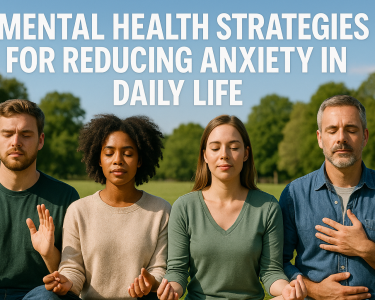Possible article:
Nourish Your Body, Balance Your Hormones: The Link Explained
Hormonal imbalances can affect many aspects of our health and well-being, from mood swings and energy levels to weight gain and fertility issues. While hormonal disorders may require medical intervention, lifestyle factors such as diet and exercise can also play a role in modulating hormone levels. In this article, we’ll explore the link between nutrition and hormones and offer practical tips on how to nourish your body and balance your hormones naturally.
Hormones 101: What You Need to Know
Hormones are chemical messengers that regulate various bodily functions, such as metabolism, growth, reproduction, and stress response. Some of the major hormones include insulin, cortisol, estrogen, progesterone, testosterone, and thyroid hormones. Hormones work in a delicate balance, and even a slight deviation from the norm can have significant effects on the body. For example, high levels of insulin can lead to insulin resistance and type 2 diabetes, while low levels of thyroid hormones can cause hypothyroidism and fatigue.
The Role of Nutrition in Hormonal Health
Nutrition can influence hormone levels in several ways. For instance, certain nutrients are involved in the production and metabolism of hormones. For example, zinc and magnesium are essential for the production of testosterone and other sex hormones, while iodine and selenium are crucial for thyroid function. Other nutrients, such as omega-3 fatty acids and antioxidants, can help reduce inflammation and oxidative stress, which can contribute to hormonal imbalances.
Furthermore, the type and timing of food intake can also affect hormone levels. For instance, consuming too much sugar or refined carbohydrates can lead to spikes in insulin and cortisol, which can disrupt the balance of other hormones. On the other hand, consuming a balanced diet that includes a variety of whole foods, such as fruits, vegetables, whole grains, lean protein, and healthy fats, can provide the nutrients needed for optimal hormonal health.
Practical Tips for Nourishing Your Hormones
Here are some tips for nourishing your hormones through diet and lifestyle:
- Focus on whole, nutrient-dense foods and minimize processed and sugary foods.
- Eat a variety of colorful fruits and vegetables to get a range of vitamins, minerals, and antioxidants.
- Choose high-quality protein sources, such as lean meats, fish, eggs, legumes, and nuts, to support muscle growth and repair.
- Include healthy fats, such as olive oil, avocados, nuts, and seeds, to support hormone production and absorption.
- Stay hydrated by drinking plenty of water and herbal tea throughout the day.
- Practice mindful eating by paying attention to hunger and fullness cues and avoiding distractions while eating.
- Manage stress through activities such as yoga, meditation, deep breathing, or hobbies you enjoy.
- Get enough sleep, ideally 7-8 hours per night, to support hormone regulation and repair.
Final Thoughts
Nourishing your body and balancing your hormones is a holistic approach to health that can benefit not only your hormones but also your overall well-being. While nutrition is just one piece of the puzzle, it’s an important one that can help you feel your best. By focusing on whole, nutrient-dense foods, staying hydrated, managing stress, and getting enough sleep, you can support your hormones and enjoy the benefits of optimal health.




